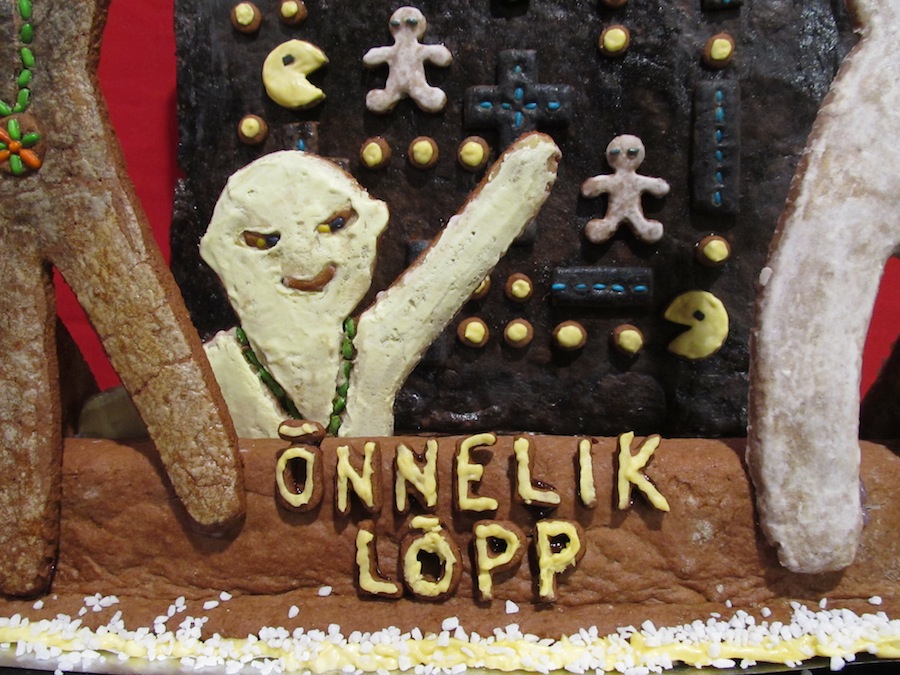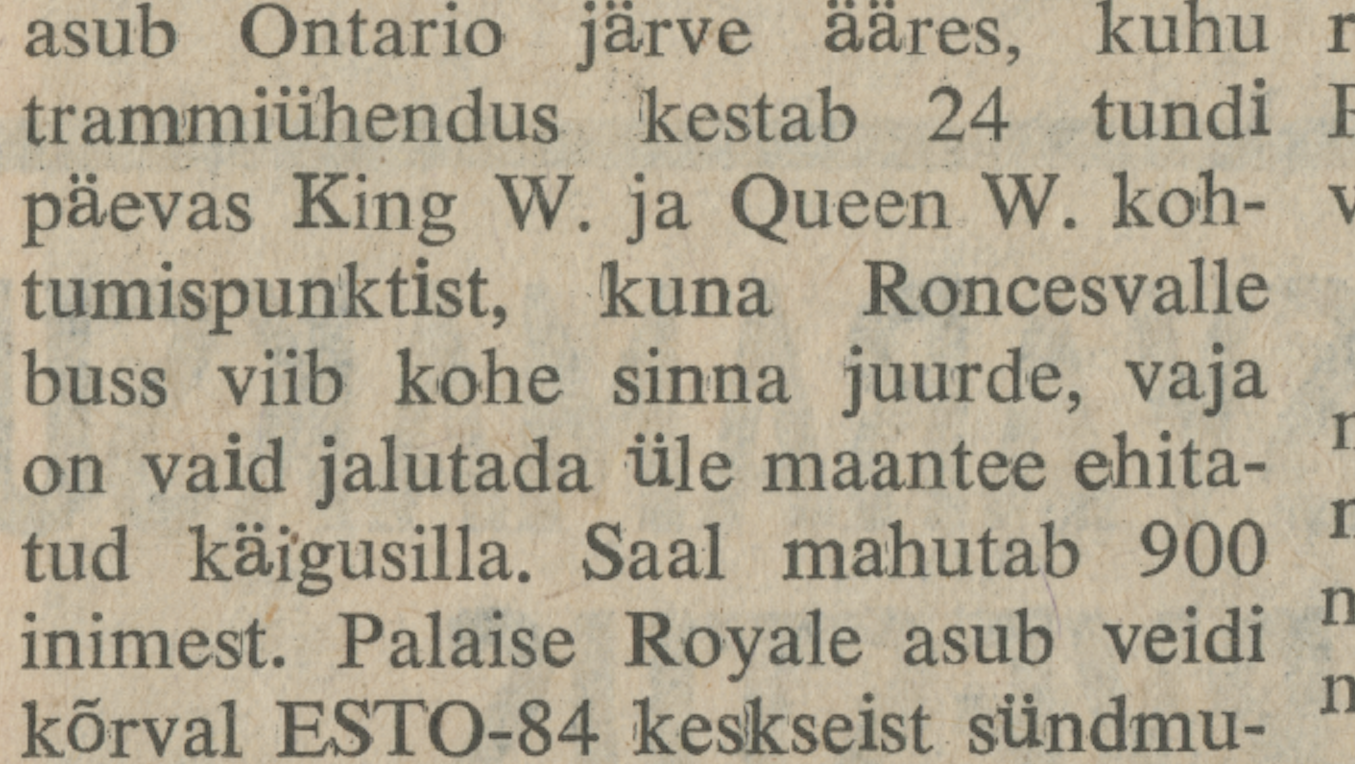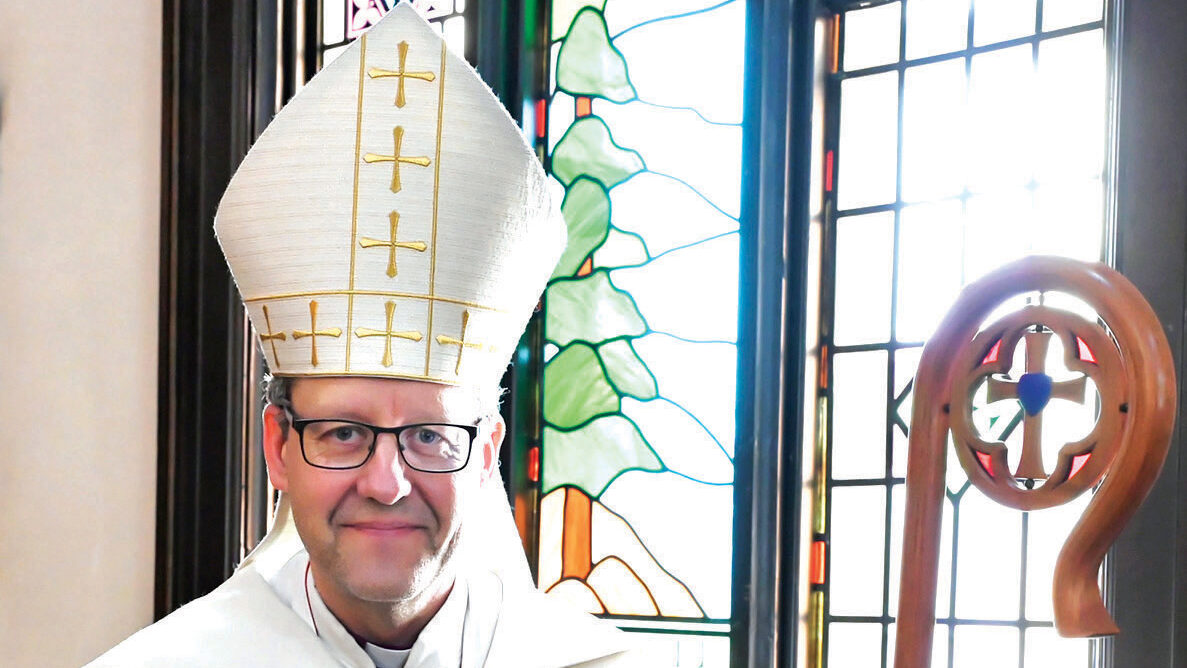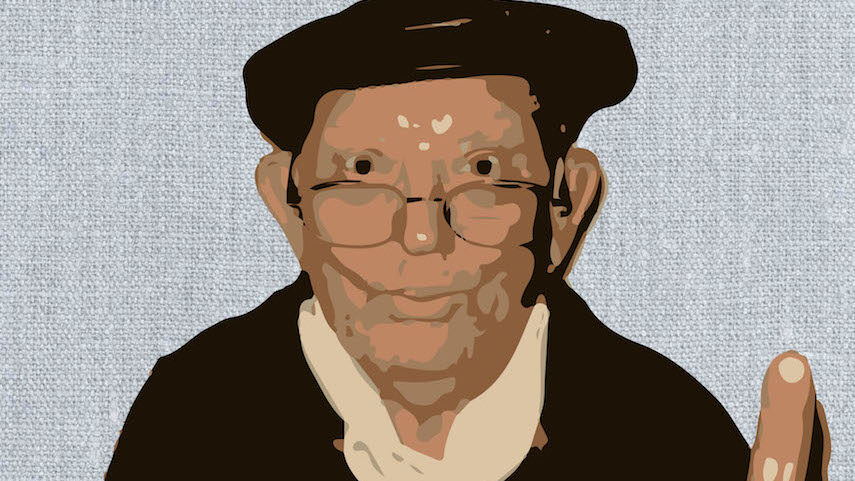Why else do Estonians wish each other “Head vana-aasta lõppu” – “Happy end of the old year”, up until the clock has struck midnight on New Year's Eve? That's not heard in English-speaking countries. No need to get ahead of ourselves, just in case. Similarly, the tradition of baby showers is a foreign concept in Eesti. Once the child has arrived, a visit is made to meet him or her, called katsikud, katsikule minek.
The omens (ended, sing. enne) continue on New Year's Day, when it's said that your luck for the upcoming year may be tied to whether the first random person who wishes you a Happy New Year (when going out on New Year's Day) happens to be a man or woman, with the latter being the not-so-good omen. This revealing how antiquated and ridiculous a belief it is… I didn't imagine many took this seriously, but my mother-in-law just told me she saw a woman from afar on New Year's Day and tried quickly to alter her course (!) but the women already managed to call Head uut aastat to her. Or more likely S novym godum in Russian; my in-laws live in Kohtla-Järve after all.
This year, as we arrived home on New Year's Eve, we came face to face with a mixed crowd in our stairwell, so that couldn't possibly count. And I haven't been out of the house yet as of the evening of January 2nd since my 3-year-old and I both fell ill on Jan. 1. Now there's one for omen-lovers!
Another Estonian expression is “Parem õudne lõpp, kui lõputu õudus” – a horrible ending is better than endless horror. That would be the case for say those trying to break an addiction (sõltuvus). And it somewhat parallels the experience of the flu as well… Wishing you JÕUDU (strength) to choose to live healthily in the new year! Or as 90-year-old 33-time Estonian swimming champion Nora Kutti recently asked in an interview for Tartu Postimees: “Do you swim, cross-country ski or do kepikõnd (Nordic walking, i.e. with poles)? You should do at least one of those, then you'll surely live long.” To this day, she trains in the track and field centre one day, in the weight room the next and swims 1000-1500 metres on the third. “I can't do more than that because I get cold, my speed's no longer the same,” says Kutti. Respekt!
Riina Kindlam, Tallinn




